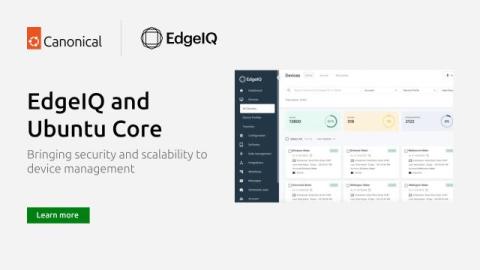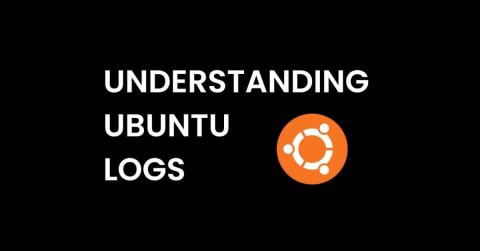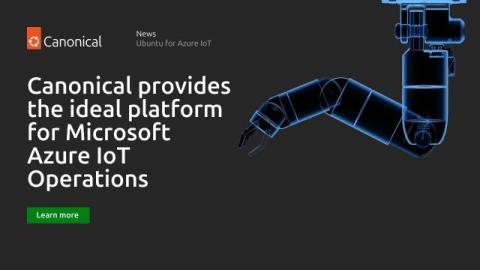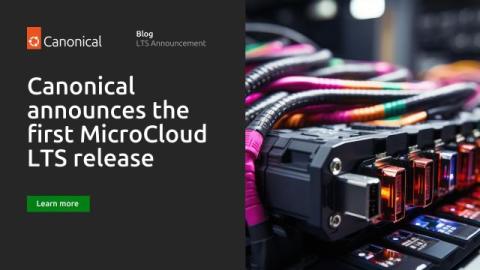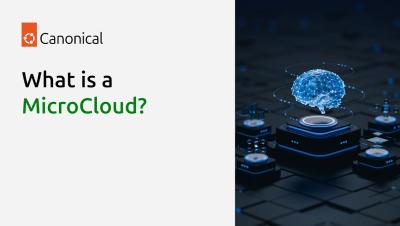Is a real-time OS right for your business?
With automation spanning virtually every sector of society, real-time capable operating systems (OS) are becoming critical across industries, from automotive and telecommunications, to industrial manufacturing. A real-time operating system (RTOS) ensures precise and deterministic responses, meeting strict timing requirements essential for safety and performance.





